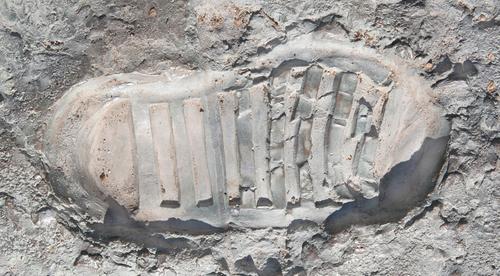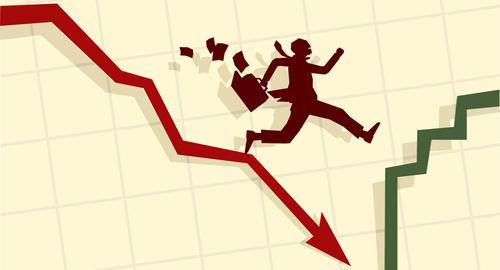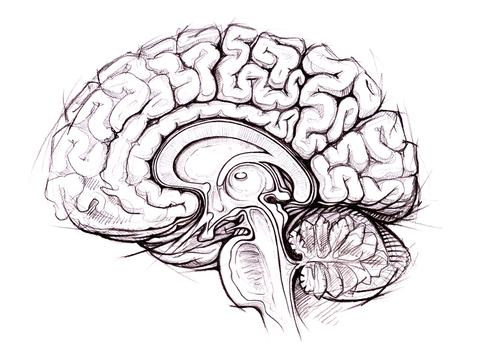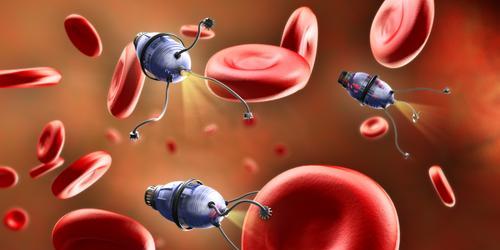Orion Jones
Managing Editor
Get smarter, faster, for success in the knowledge economy. Like us on https://t.co/6ZFWKpoKLi or visit https://t.co/d7r7dG2XOq
Coming up with a brand name can be tough, so a team of researchers has developed an artificial intelligence system which creates a name for you by using ideas essential to the product.
By improving on machine-learning technology, engineers are working to create man-machine hybrids that can not only recommend great music but usher in a new era of scientific discovery.
Some of the world’s leading engineers and physicists believe we are about to reach the limits of computing power, requiring a fundamental technological shift which we have yet to imagine.
After months of regulatory negotiations with Nevada’s Department of Motor Vehicles, Google has been given an official driver’s license to test its self-driving vehicles.
As we find more planets outside our solar system and more terrestrial life that survives brutal conditions, scientists are wondering what a completely new form of life might be like.
A new kind of satellite measuring just four inches on each side could help NASA find nearby planets similar to ours as well as examine asteroids for deposits of rich mineral resources.
Astronomers are coming to know more about a planet twice the size of Earth which revolves around a star in the constellation Cancer. Just 40 light years away, the planet is a brother of sorts.
The moon is closer, we can get there faster, lunar missions are less risky and equipped with better technology. The company MoonEx has been planning lunar mining with NASA for years.
Space weather experts estimate that in the next decade, there is a 12% chance of a solar storm causing major disruptions to our electricity grids, which remain woefully unprepared.
Much of the technology needed to make sex robots is currently under development, not to mention the fact that, thanks to social media, we already have fairly robotic human relationships.
The FCC is trying to balance the threat of terrorism against the benefits of having wireless networks in an emergency, e.g. to aid first responders. And what about free speech rights?
To solicit financial support from the public, something the government has made easier recently, it helps to create funding tiers that allow you to connect personally with your audience.
For getting information, building apps proved a dangerous game for publishers. Introducing closed systems into the open Web proved unsatisfactory to readers, advertisers and publishers.
A federal judge has ruled that “liking” something on Facebook does not count as constitutionally protected speech. It is a decision that has confounded some law professors.
Economics rests on unguarded assumptions that need to be examined, says author and Harvard professor Michael Sandel. He wants to revive a debate over the role of market forces.
While some concerns about GM crops are valid, refusing to pursue them while poor countries suffer malnutrition and starvation is irresponsible, says rights activist Isobel Coleman.
Voters in France and Greece have strongly rejected the politics of austerity, electing a president and parliament that vow to soften Europe’s plan to slash government spending.
Given global capital markets, America has no choice but to join the race to cut corporate tax levels. Capital gains should be taxed as normal income to make up for the loss of income.
China’s rapid urbanization has afforded it the opportunity to build new, environmentally friendly eco-cities. Its efforts may be a model for the rest of the urbanizing world.
While we know superstitious laws are silly, we may be better off obeying them. Doing so will save us the guilt of having gone against conventional wisdom if misfortune should come our way.
In an attempt to encourage sympathy across the battle lines of ethnic conflicts, neuroscientists are working with the Pentagon to better understand how violence works in the brain.
Being trained by evolution to avoid confronting your own mortality, your brain may register a feeling of terror to read news articles about death. We have a strong aversion to our fragility.
Harvard researcher Elizabeth Spelke studies the minds of babies to better understand how we think and behave as adults. She believes language is the key to our creative processes.
Scientific research suggests that empathy works more strongly on the non-religious to motivate generous behavior. Religious people are guided more by doctrine and community.
Scientists have determined that whether or not you like the smell of pork, a large component of how it tastes, is determined by a gene in your DNA. There is a genetic link to the food we like.
Two previously blind British patients have had partial vision restored by a microchip implanted behind their retinas, indicating to the brain that the eye is receiving light.
Forget marathons, people. The first 20 minutes of exercise confer all its essential health benefits. Fitness researcher Gretchen Reynolds says you can do anything to get your body moving.
Using nanotechnology, medical researchers have successfully cloaked anti-cancer drugs so they do not affect the body’s healthy cells. Some patients’ tumors have shrunk greatly during treatment.
By creating video games that allow non-professionals to diagnosis diseases like malaria, health professionals can reliably turn to the public to help them save time—and lives.
The fact that contraception is back on the national agenda astounds sex therapist Marty Klein. Yet the struggle for humane sex laws is also about our struggle for democracy.





























